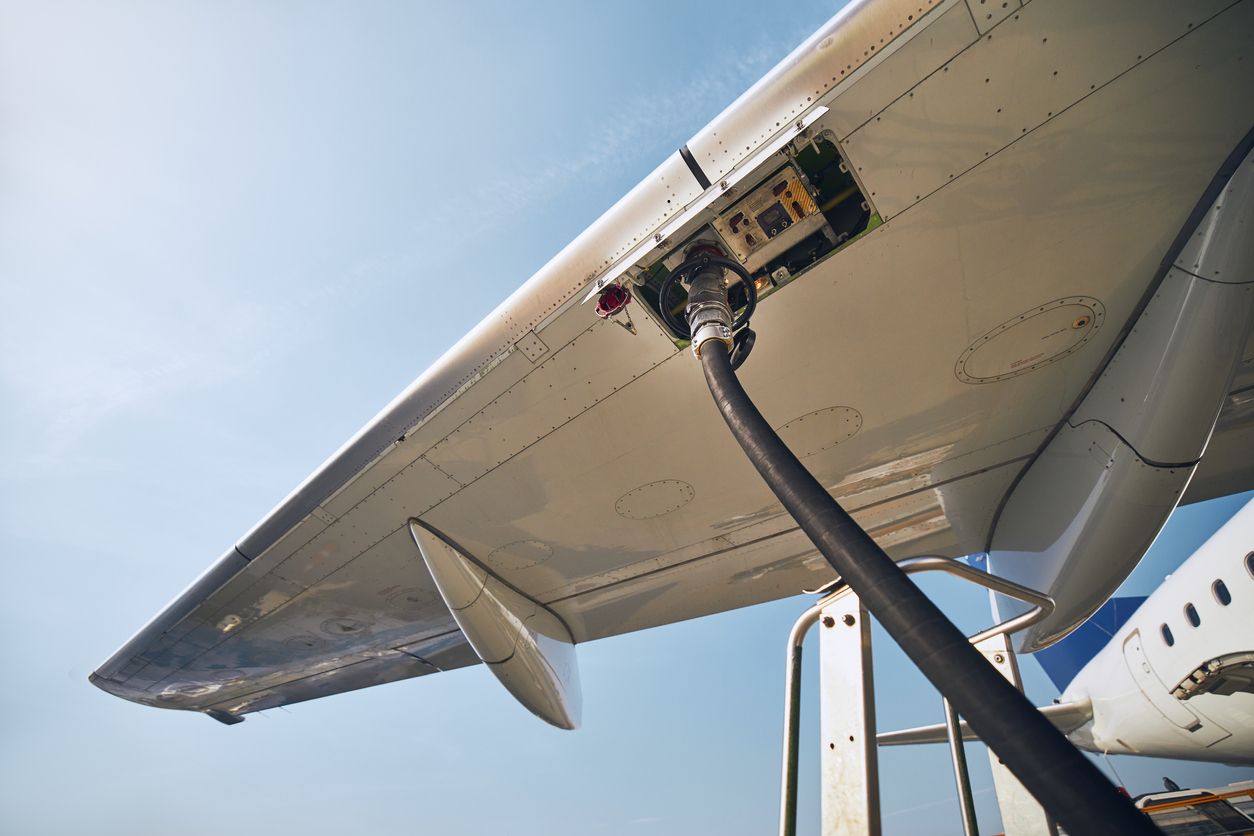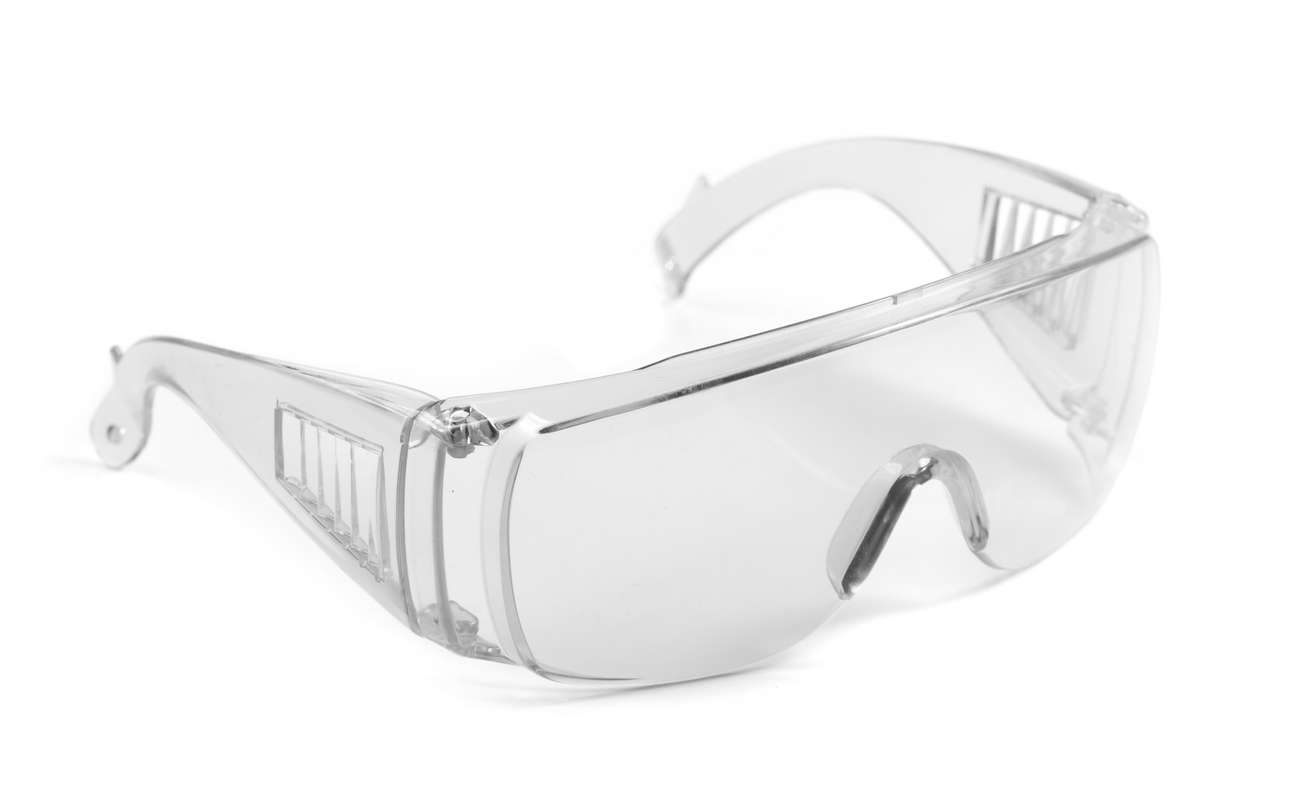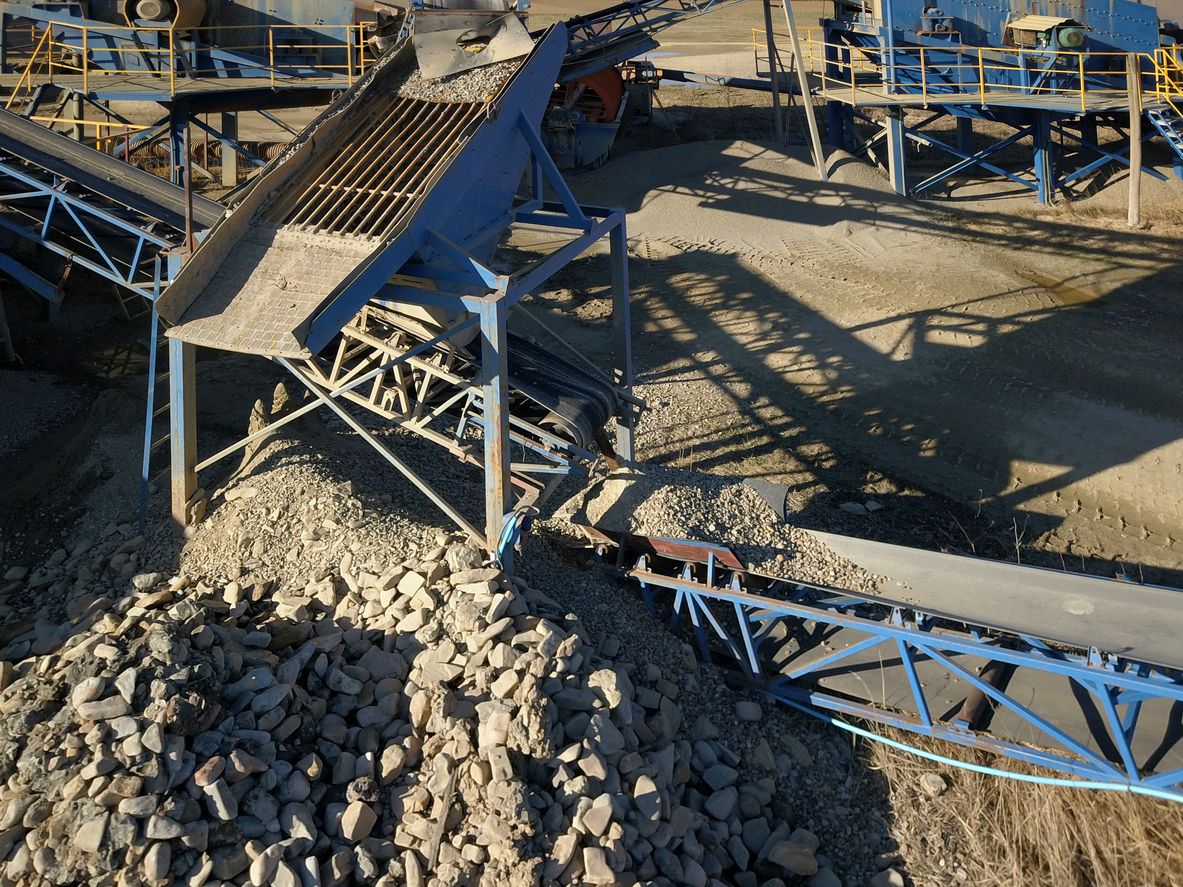Exploring the Benefits of Renting and Leasing Air Passenger Transport Equipment in Nigeria
Exploring the Benefits of Renting and Leasing Air Passenger Transport Equipment in Nigeria
Are you a business owner or an aviation enthusiast looking to navigate the Nigerian skies? Look no further, because we have just the solution for you! In today’s blog post, we will be exploring the incredible benefits of renting and leasing air passenger transport equipment in Nigeria. From cost-effectiveness to flexibility, this alternative has revolutionized the way individuals and organizations approach air travel. So buckle up and get ready for a thrilling journey as we dive into all that this game-changing option has to offer.
Introduction to Renting and Leasing Air Passenger Transport Equipment in Nigeria
Introduction to Renting and Leasing Air Passenger Transport Equipment in Nigeria
The aviation industry in Nigeria has seen significant growth over the years, with an increase in air passenger traffic and the emergence of new airlines. With this growth comes a demand for reliable and efficient air passenger transport equipment such as aircraft, helicopters, and ground handling equipment. However, not all airlines have the financial capabilities to purchase these equipment outright. This is where renting and leasing come into play.
Renting and leasing air passenger transport equipment is a common practice in the aviation industry worldwide, including Nigeria. It involves the use of another party’s aircraft or other related equipment for a specified period at an agreed cost. In this section, we will discuss the basics of renting and leasing air passenger transport equipment in Nigeria.
Types of Rental Agreements:
There are two main types of rental agreements when it comes to air passenger transport equipment – wet lease and dry lease. A wet lease involves the lessor providing both the aircraft and crew for operation, while a dry lease only provides the aircraft without any crew or maintenance services. In Nigeria, most rental agreements are dry leases due to regulatory requirements that require local airlines to operate their own flights with their designated crews.
Benefits of Renting and Leasing Air Passenger Transport Equipment:
1) Cost-Effective: One of the main advantages of renting or leasing air passenger transport equipment is that it is more cost-effective than purchasing new ones outright. This allows smaller airlines with limited financial resources to enter into operations without compromising on quality.
2) Flexibility: Renting or leasing gives airlines greater flexibility as they can choose specific types or sizes of aircraft depending on their operational needs at any given time. They can also easily return or change leased aircraft if there are any changes in market demands.
3) Avoid Maintenance Costs: When an airline rents or leases an aircraft, they do not have to worry about maintenance costs as it is often included in the rental agreement. This can save airlines a significant amount of money, as aircraft maintenance is expensive.
4) Access to Newer Technology: By renting or leasing, airlines have access to newer and more advanced aircraft that they may not be able to afford otherwise. This allows them to stay competitive and provide better services to their passengers.
Conclusion:
Renting and leasing air passenger transport equipment in Nigeria has many benefits for both established and emerging airlines. It provides cost-effective solutions, flexibility, and access to newer technology without the burden of maintenance costs. In the next section, we will explore in more detail how renting and leasing can benefit different types of airlines in Nigeria.
Understanding the Difference between Renting and Leasing
Renting and leasing are two popular methods for acquiring air passenger transport equipment in Nigeria. While both options involve using equipment for a specified period, there are some key differences between renting and leasing that should be understood before making a decision.
The main difference between renting and leasing is the duration of the agreement. Renting typically refers to a short-term arrangement where the equipment is used for a specific period, usually on a month-to-month basis. On the other hand, leasing is a long-term commitment that involves using the equipment for an extended period, often several years.
Another crucial factor to consider when differentiating between renting and leasing is ownership. When you rent equipment, you do not own it; instead, you are paying for its use. This means that at the end of your rental term, you must return the equipment to the owner or renew your contract if you wish to continue using it. In contrast, leasing allows you to have temporary ownership of the equipment during your lease contract’s duration. This means that at the end of your lease term, you may have the option to purchase or return the equipment.
Costs also vary significantly between renting and leasing arrangements. Renting typically has lower upfront costs compared to leasing because it does not require any down payment or security deposit. However, over time, renting can become more expensive as monthly fees add up. Leasing may have higher initial costs due to down payments and security deposits but can ultimately be more cost-effective in the long run.
Maintenance responsibilities also differ significantly between renting and leasing agreements. When you rent an aircraft or other air passenger transport equipment in Nigeria, maintenance is usually included in your monthly fee since it belongs to someone else who remains responsible for its upkeep. In contrast, when leasing an aircraft or other transport equipment, maintenance becomes your responsibility as temporary owners.
Another significant difference between renting and leasing lies in customization opportunities. With rentals being short-term commitments with limited flexibility, customization options are usually restricted. Lease arrangements, on the other hand, typically allow for more customization as the equipment remains in your possession for a more extended period.
Understanding the differences between renting and leasing is crucial when deciding which option is best for acquiring air passenger transport equipment in Nigeria. Both have their advantages and disadvantages, so it is essential to carefully consider your needs and budget before making a decision.
Advantages of Renting Air Passenger Transport Equipment in Nigeria
When it comes to air passenger transport equipment, there are various options available in Nigeria. One of the popular options is renting or leasing these equipment instead of purchasing them outright. This allows airlines and other businesses in the aviation industry to have access to quality and well-maintained equipment without having to make a huge financial investment.
So what exactly are the advantages of renting air passenger transport equipment in Nigeria? Let’s take a closer look:
1. Cost-Effective Solution: One of the main reasons why renting air passenger transport equipment is beneficial for businesses in Nigeria is because it is a cost-effective solution. Purchasing brand new aircrafts, engines, or even smaller items like seats and galleys can be extremely expensive. Renting or leasing these items allows businesses to save money on upfront costs and use their budget for other important operational expenses.
2. Flexible Options: Renting or leasing air passenger transport equipment also offers flexibility that purchasing does not. Businesses can choose from short-term or long-term rental agreements depending on their needs and budget. This flexibility allows businesses to adapt quickly to market changes and adjust their fleet size accordingly, without being tied down by ownership commitments.
3. Access to High-Quality Equipment: In order for an airline business to run smoothly, they need reliable and high-quality equipment at all times. By renting or leasing, businesses have access to well-maintained and modern aircrafts, engines, avionics systems, interiors, etc., which can improve overall efficiency and customer satisfaction.
4. No Maintenance Costs: With rented or leased air passenger transport equipment, maintenance costs are often included in the agreement with the lessor company. This means that businesses do not have to worry about additional expenses related to repairs or regular maintenance services.
5. Reduced Risk: The aviation industry is constantly changing with new regulations, technologies, and market demands emerging frequently. By renting/leasing instead of purchasing outright, businesses reduce their risk of investing in equipment that may become obsolete or outdated in a short period of time.
Renting air passenger transport equipment in Nigeria offers several advantages for businesses in the aviation industry. It is a cost-effective, flexible, and low-risk solution that allows businesses to have access to high-quality equipment without the burden of ownership and maintenance costs. As the aviation industry continues to evolve, renting and leasing will remain a viable option for businesses looking to stay competitive and efficient in their operations.
– Cost-effectiveness
Cost-effectiveness is a crucial factor for any business, and the aviation industry in Nigeria is no exception. With the rising costs of air passenger transport equipment, such as planes and helicopters, many airlines are turning to renting and leasing options to meet their operational needs while keeping costs under control.
One of the main benefits of renting or leasing air passenger transport equipment in Nigeria is the cost savings. By choosing to rent or lease instead of purchasing new equipment, airlines can avoid the high initial investment and maintenance costs associated with ownership. This allows them to allocate their resources more efficiently and focus on other aspects of their business.
Moreover, renting or leasing also eliminates the need for airlines to secure loans or financing for expensive purchases. This can be particularly beneficial for smaller airlines that may not have access to large amounts of capital. By opting for rental or lease agreements, they can still access top-of-the-line equipment without putting a strain on their finances.
In addition to these financial benefits, renting or leasing also offers flexibility in terms of fleet management. Airline companies can choose from a variety of aircraft models and sizes according to their specific needs at any given time. During peak seasons when demand is high, they can easily add more aircraft through short-term rentals or leases to meet the increased demand. Similarly, during low season periods, they can scale back on rented or leased equipment instead of having excess owned aircraft sitting idle.
Another significant advantage offered by renting and leasing air passenger transport equipment is maintenance and repair cost savings. The rental company typically takes care of all maintenance requirements as part of the agreement. This means that airline companies do not have to worry about unexpected repair costs that could significantly impact their budget if they own the equipment outright.
Furthermore, by choosing reputable rental companies with well-maintained fleets, airlines can also ensure higher levels of safety for their passengers without having to invest heavily in routine inspections and repairs themselves.
When it comes to cost-effectiveness, renting and leasing air passenger transport equipment in Nigeria is a smart choice for airline companies. It offers significant cost savings, financial flexibility, and peace of mind when it comes to maintenance and safety. By carefully considering their options and choosing the right rental or lease agreements, airlines can streamline their operations and stay competitive in the dynamic aviation industry in Nigeria.
– Flexibility
Flexibility is a key factor when it comes to renting and leasing air passenger transport equipment in Nigeria. In today’s fast-paced world, the aviation industry is constantly evolving and adapting to new challenges and demand. As such, airlines and other companies within the industry need to be able to respond quickly and efficiently to these changes. This is where flexibility becomes crucial.
One of the main advantages of renting or leasing air passenger transport equipment is the ability to choose from a wide variety of options. Whether it’s aircraft, engines, or other essential equipment, there are numerous options available for rental or lease in Nigeria. This gives companies the flexibility to select the exact type and model that best suits their specific needs and budget.
Moreover, renting or leasing also allows for easy upgrades or downgrades as needed. For example, if an airline experiences sudden growth in demand, they can easily rent additional aircraft to accommodate this without having to make a significant financial investment in purchasing them outright. On the flip side, if there is a decrease in demand or if an airline wants to try out a new route without committing long-term resources, they can opt for short-term leases.
Another aspect of flexibility when it comes to renting and leasing air passenger transport equipment is the option for customized packages. Companies can negotiate with rental/lease providers on terms that suit their unique requirements. This could include factors such as maintenance schedules, insurance coverage, crew training programs, etc., all tailored specifically for their operations.
Additionally, renting or leasing also offers more flexibility with regards to geographic locations. For instance, an airline operating primarily out of Lagos may have seasonal routes that require them to utilize different types of aircrafts suited for different terrains like coastal areas or high altitudes found in northern regions of Nigeria. In such scenarios, they can easily rent suitable equipment from local providers instead of having to purchase them themselves.
Flexibility also extends beyond just equipment options but also into payment terms. Rental and lease providers offer different payment options, from short-term weekly or monthly rates to long-term leases that can span several years. This allows companies to choose a payment plan that aligns with their financial situation and business strategy.
Flexibility is a critical benefit of renting and leasing air passenger transport equipment in Nigeria. It allows companies to adapt quickly to changing industry demands and requirements without being tied down by long-term commitments or a significant financial burden.
– Access to Latest Technology
Access to Latest Technology:
One of the biggest advantages of renting or leasing air passenger transport equipment in Nigeria is the access to the latest technology. As the aviation industry continues to evolve and advance, it can be a challenge for airlines and other operators to keep up with the latest equipment and technology upgrades. However, by renting or leasing equipment, companies can have access to state-of-the-art technology without having to make a significant investment.
Renting or leasing allows companies to upgrade their equipment as needed without being tied down to aging fleets. This means that they can provide passengers with a more comfortable and efficient travel experience while also boosting their own operational efficiency. With advancements in technology, newer aircraft are equipped with better engines, avionics systems, and safety features that not only improve performance but also reduce maintenance costs.
Additionally, by renting or leasing equipment from reputable companies, businesses can rest assured that they are getting top-notch quality products. These companies often have stringent maintenance protocols in place which ensure that all their equipment is regularly maintained and serviced according to industry standards. This ensures the safety of passengers as well as reduces downtime due to technical issues.
Another benefit of having access to the latest technology through rental or lease agreements is flexibility. Airlines may need different types of aircraft for different routes or seasons, and by renting or leasing, they can easily switch between models without any major financial implications. This flexibility allows them to adapt quickly to changing market demands and stay ahead of their competitors.
Furthermore, renting or leasing gives businesses the opportunity to test out new technologies before making a long-term commitment. This is especially beneficial for smaller airlines who may not have the resources for large capital investments but still want access to cutting-edge technology.
Having access to the latest technology through renting or leasing air passenger transport equipment offers numerous benefits such as improved performance, reduced maintenance costs, flexibility in operations, and risk-free testing of new technologies. As Nigeria’s aviation industry continues to grow, it is essential for companies to stay competitive by leveraging the latest equipment and technology, and renting or leasing provides the perfect solution.
– Maintenance and Repairs
Maintenance and repairs are essential aspects of owning any type of equipment, including air passenger transport equipment. However, for businesses in Nigeria that choose to rent or lease their equipment, these responsibilities fall under the purview of the rental or leasing company. This is one of the major benefits of renting and leasing air passenger transport equipment in Nigeria.
When a business rents or leases an aircraft, it is also entrusting the responsibility of regular maintenance and repairs to the rental or leasing company. This means that businesses do not have to worry about hiring skilled technicians or investing in expensive maintenance and repair tools. The rental or leasing company takes care of all these tasks, ensuring that the aircraft remains in optimal condition.
Additionally, rental and leasing companies often have dedicated maintenance teams who are well-trained and experienced in handling different types of air passenger transport equipment. These professionals have a thorough understanding of the specific requirements for each aircraft model and can provide timely maintenance services to keep them functioning at their best.
In case any repairs are required during the rental period, businesses can rest assured that they will be promptly attended to by the rental or leasing company. This eliminates potential downtime for businesses as they do not have to wait for extended periods for repairs to be completed.
Moreover, with regular maintenance checks being carried out by experts, there is a reduced risk of unexpected breakdowns or malfunctions during flights. This ensures smoother operations for airlines and other businesses using rented or leased aircraft.
Another significant benefit is cost savings on maintenance and repair expenses. For small- to medium-sized businesses with limited capital resources, investing in purchasing an aircraft may not always be feasible due to high initial costs as well as ongoing expenses such as maintenance and repairs. Renting or leasing provides a more affordable option while still ensuring proper upkeep of the aircraft without additional financial burden on the business.
Renting and leasing air passenger transport equipment in Nigeria allows businesses to focus on their core operations while leaving the responsibility of maintenance and repairs to the rental or leasing company. This not only saves time and money but also ensures safe and efficient operations for businesses in the aviation industry.
Benefits of Leasing Air Passenger Transport Equipment in Nigeria
There are numerous benefits of leasing air passenger transport equipment in Nigeria. In this section, we will explore some of the key advantages that come with renting or leasing aircraft and other aviation equipment in this country.
1. Cost-effective Solution: One of the main reasons why many airlines choose to lease their air passenger transport equipment in Nigeria is because it is a cost-effective solution. Purchasing brand new aircraft can be extremely expensive, especially for smaller or newer airlines. Leasing allows them to access modern and well-maintained equipment at a fraction of the cost.
2. Flexibility: Another significant benefit of leasing air passenger transport equipment is the flexibility it offers. Airlines can choose from different leasing options such as short-term, long-term, wet lease, dry lease, etc., depending on their specific needs and requirements. This gives them the freedom to adjust their fleet size based on demand without making any long-term commitments.
3. Access to Latest Technology: By leasing aircraft and other aviation equipment in Nigeria, airlines can gain access to modern technology without having to make large capital investments upfront. This allows them to stay competitive by offering passengers a better travel experience while also keeping up with industry standards and regulations.
4. Reduced Maintenance Costs: When an airline leases an aircraft or other aviation equipment, they are not responsible for its maintenance costs as these are typically covered by the lessor. This means that airlines can save significantly on maintenance expenses which can often be unpredictable and expensive.
5. Efficient Fleet Management: Leasing air passenger transport equipment also enables efficient fleet management for airlines operating in Nigeria. Since they have access to various types of aircraft through leasing agreements, they can easily switch between different models depending on route changes or seasonal variations in demand.
6. Better Risk Management: Another advantage of leasing air passenger transport equipment is better risk management for airlines in Nigeria. In case of any unforeseen events such as mechanical issues or accidents, the financial burden is on the lessor, not the lessee. This can provide airlines with a sense of security and stability in their operations.
Leasing air passenger transport equipment in Nigeria offers numerous benefits for airlines looking to expand or improve their fleet. It is a cost-effective, flexible, and efficient solution that allows them to access modern technology while reducing maintenance costs and managing risks effectively.
– Lower Initial Investment
One of the major benefits of renting and leasing air passenger transport equipment in Nigeria is the lower initial investment required. Purchasing new airplanes or helicopters can be a significant expense for airlines, especially in developing countries like Nigeria where the costs may be even higher due to import duties and taxes.
By opting for rental or lease agreements, airlines can avoid the high upfront costs associated with purchasing new aircraft. This allows them to conserve their financial resources and use them for other important aspects of their business such as marketing, maintenance, and training.
Furthermore, rental and lease agreements often come with flexible payment options that are tailored to meet the needs of different airlines. This means that instead of making a lump sum payment upfront, airlines can choose to pay in installments over a set period of time. This not only helps alleviate the financial burden but also allows for better cash flow management.
In addition, renting or leasing air passenger transport equipment eliminates the need for costly loans or financing options which may come with high interest rates. This can help save airlines from being burdened by heavy debt obligations and gives them more flexibility to plan their finances.
Another advantage of lower initial investment through rental or lease agreements is that it allows smaller airlines or start-ups to enter the market without having to bear the full cost of purchasing new aircraft. This promotes competition within the industry and ultimately benefits consumers by providing more options for travel at competitive prices.
Moreover, when an airline leases an aircraft from a reputable company, they also gain access to modern and well-maintained equipment without having to invest heavily in regular maintenance and upgrades. This reduces operational costs and ensures that passengers have a comfortable and safe flying experience.
It is worth mentioning that by choosing rental or lease agreements over purchasing new aircraft, airlines can also avoid depreciation costs which occur when owning assets outright. In the long run, this could result in significant savings for the airline company.
Opting for rental or lease agreements for air passenger transport equipment in Nigeria can greatly benefit airlines by offering a lower initial investment, flexible payment options, access to modern and well-maintained equipment, and reduced operational costs. It is a cost-effective solution that can help airlines thrive and grow in a competitive market.
– Tax Benefits
In addition to the flexibility and convenience offered by renting or leasing air passenger transport equipment in Nigeria, there are also significant tax benefits that businesses can take advantage of. These tax benefits can result in cost savings and increase profitability for companies operating in the aviation industry.
One major tax benefit of renting or leasing air passenger transport equipment is the ability to claim tax deductions on the lease payments. The lease payments can be deducted as operating expenses, reducing a company’s taxable income and ultimately lowering their overall tax liability. This is especially beneficial for businesses just starting out, as they may not have enough capital to purchase expensive equipment outright.
Another advantage of renting or leasing is the ability to spread out the cost of acquiring new equipment over several years. Instead of making one large lump sum payment for purchasing a plane, companies can make smaller monthly lease payments over an extended period. This not only helps with cash flow management but also allows for potential tax savings through depreciation.
Depreciation refers to the decrease in value of an asset over time due to wear and tear or obsolescence. When a company purchases an aircraft, they can only claim depreciation expenses on their taxes based on the useful life of that asset. However, when leasing an aircraft, companies can deduct the full monthly lease payment as an expense during each year of the contract term. This results in higher annual deductions compared to purchasing and depreciating an aircraft.
Furthermore, by opting for short-term rentals instead of long-term leases, companies may qualify for additional tax benefits such as accelerated depreciation deductions under Section 179 or bonus depreciation rules. These provisions allow businesses to deduct a larger portion (up to 100%) of the cost of qualifying assets in one year instead of spreading it out over several years.
It’s essential to note that these tax benefits may vary depending on individual circumstances and should be discussed with a qualified accountant or financial advisor before making any decisions regarding renting or leasing air transport equipment.
The tax benefits of renting or leasing air passenger transport equipment in Nigeria can provide significant savings for businesses. With deductions on lease payments, depreciation expenses, and potential accelerated depreciation options, companies can lower their tax liability and improve their bottom line. So not only is renting or leasing a cost-effective option for acquiring new aircraft, but it also offers significant tax advantages for businesses operating in the aviation industry.
– Fixed Monthly Payments
Fixed monthly payments are a fundamental aspect of renting and leasing air passenger transport equipment in Nigeria. This payment arrangement allows businesses to budget their expenses accurately and efficiently, without any unexpected surprises.
Under this system, a set amount is agreed upon between the lessor and lessee to be paid on a monthly basis for the duration of the lease agreement. Unlike purchasing equipment outright, where a large lump sum is required upfront, fixed monthly payments make it easier for companies to manage their cash flow and allocate funds accordingly.
One of the main benefits of fixed monthly payments is that it eliminates the need for large capital investment. In today’s fast-paced business world, having access to up-to-date equipment is crucial for success. However, investing in new aircraft or other air passenger transport equipment can be costly and may not always be feasible for small or medium-sized enterprises (SMEs). By opting for fixed monthly payments through renting or leasing, SMEs can access state-of-the-art equipment without depleting their financial resources.
Additionally, fixed monthly payments allow businesses to accurately forecast their expenses over an extended period. With traditional purchasing methods, maintenance costs and unexpected repairs can significantly impact a company’s bottom line. However, with fixed monthly payments as part of a lease agreement, these additional costs are often included in the regular fee. This provides peace of mind to lessees as they can better plan their budgets and avoid any sudden financial strains.
Moreover, another significant advantage of fixed monthly payments is that they are tax-deductible. As per Nigerian tax laws, rental or lease expenses can be deducted from income before calculating taxes owed. This means that businesses can enjoy significant cost savings by reducing their taxable income through this deduction.
Furthermore, fixed monthly payments also offer flexibility in terms of contract length. Depending on individual business needs and market conditions, leases can range from short-term agreements to long-term contracts spanning several years. This flexibility allows companies to adjust their transport equipment as needed, without being tied down to a specific asset for an extended period.
Choosing fixed monthly payments through renting or leasing air passenger transport equipment in Nigeria offers numerous benefits for businesses. It provides access to modern equipment, helps manage expenses efficiently, and offers flexibility in terms of contract length. With these advantages in mind, it is no surprise that this payment system is becoming increasingly popular among Nigerian companies seeking to optimize their operations and achieve cost savings.
– No Ownership Responsibility
When it comes to owning air passenger transport equipment, the responsibilities and costs involved can be overwhelming. This is why renting and leasing options have become increasingly popular in the aviation industry, especially in a developing country like Nigeria.
One of the main advantages of opting for rental or lease agreements is that it absolves the lessee from any ownership responsibility. This means that the maintenance, repairs, and insurance costs are all taken care of by the lessor.
In a country like Nigeria where fluctuating economic conditions and exchange rates can greatly affect business operations, renting or leasing offers a more stable financial option for companies. By choosing this route, airlines do not have to worry about sudden expenses for unexpected repairs or replacements.
Furthermore, with no ownership responsibility, airlines can focus on their core business of transporting passengers without having to divert resources towards managing their own fleet of aircraft. This allows them to allocate funds towards other critical areas such as marketing and customer service.
Another advantage is that renting or leasing offers greater flexibility compared to owning an aircraft. In case an airline needs additional equipment during peak seasons or special events, they can easily rent or lease extra planes without making a long-term commitment. This also applies if there is a decrease in demand; airlines can return leased aircraft without any penalty fees.
Moreover, with no ownership responsibility comes reduced risk for airlines. In case of accidents or damages to the aircraft during operation, it is the lessor who bears most of the burden while adhering to standard safety regulations set by aviation authorities.
Renting and leasing also offer significant tax benefits as payments made towards these agreements are considered operational expenses rather than capital investments. Airlines can claim tax deductions on these expenses which help in reducing overall tax liability.
Additionally, by opting for rental or lease agreements instead of purchasing their own equipment outright, airlines can conserve their cash flow and maintain healthy financial stability. They do not have to make significant upfront payments which allows them to use their funds for expanding their business and investing in other growth opportunities.
The lack of ownership responsibility is a major benefit of renting and leasing air passenger transport equipment in Nigeria. It allows airlines to focus on their core business, offers financial stability, flexibility and reduced risk, making it a more attractive option for companies in the aviation industry.








Comments are closed.